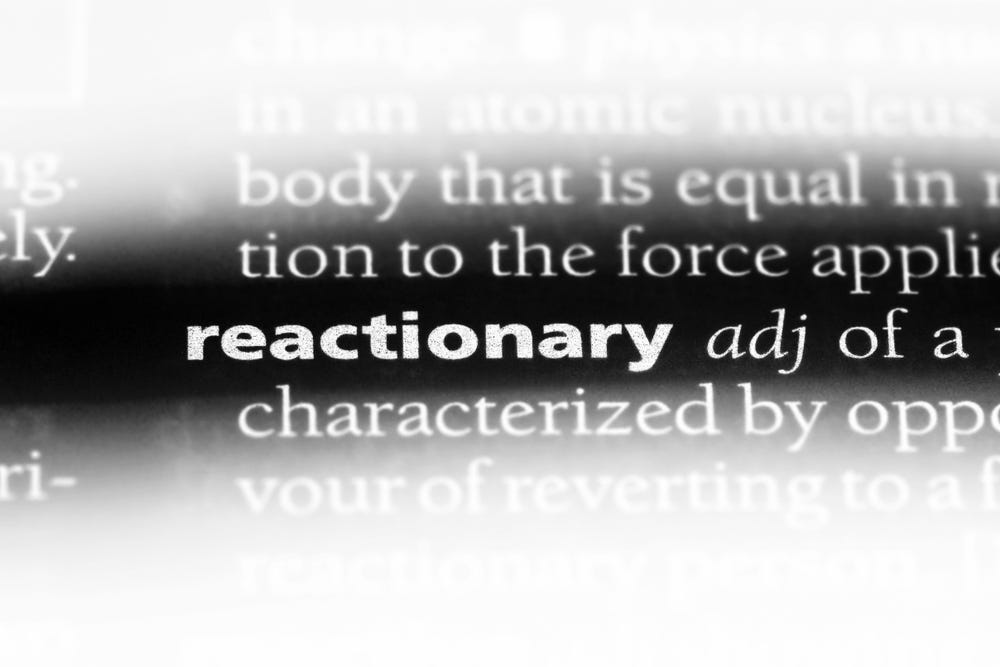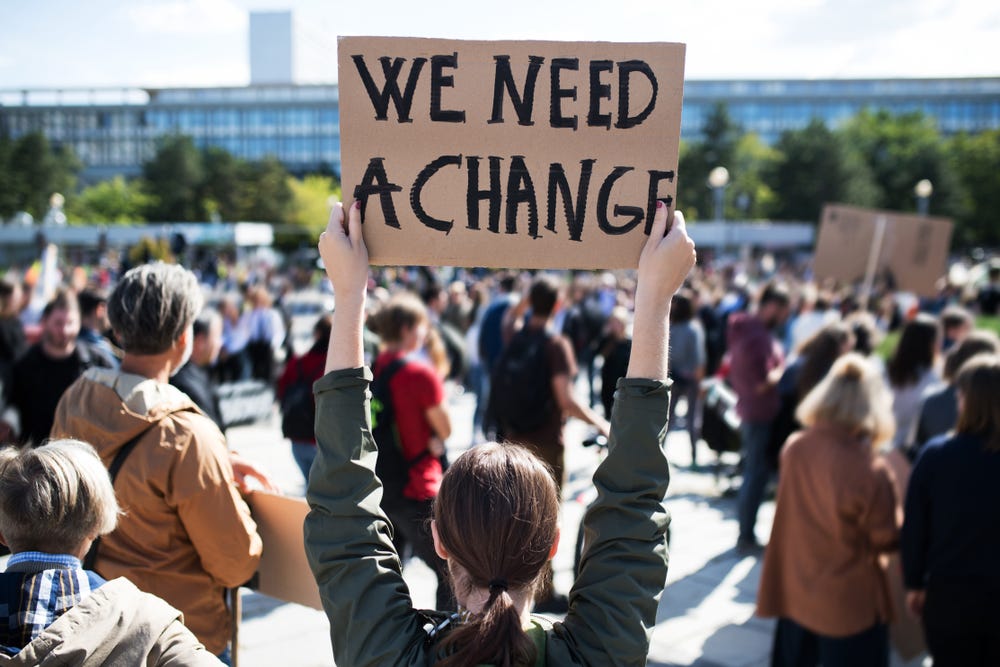E-Pluribus | January 11, 2022
The importance of community and neighborhoods in a liberal society, the intellectual heroes of the new radical right, and what the new right gets wrong.
A round up of the latest and best writing and musings on the rise of illiberalism in the public discourse:
Seth D. Kaplan: Why Liberalism Depends on Neighborhood Dynamics
Civility is a little like the weather: everyone talks about it, but does anyone do anything about it? Writing at Discourse Magazine, Seth Kaplan argues that the solution is bottom-up, not top-down. Relationships are built through community which is often a function of actual neighborhoods where people interact, or can, but increasingly choose not to.
Civility and a healthy respect for different opinions or beliefs do not appear from nowhere. They emerge from repeated interactions, consistent civic habits and a posture of gratitude for one’s immediate community. This socialization process works best when it occurs in person among various types of people on a regular, even daily, basis and when it is structured constructively by social institutions and norms. Neighborhoods and local institutions are our first and foremost incubator because they embed us in a set of long-lasting relationships involving repeated interactions. When this interpersonal dynamic is supplanted by Facebook feeds, sports competitions, entertainment and national campaigns around various causes, a different type of socialization process occurs, and the institutions and codes nurturing civility lose their influence.
Three specific crises are occurring simultaneously at the local level: First, the country is seeing a decline in local engagement in every community. Second, elites have become disconnected from much of the population, moving to their own enclaves (or rotating among multiple homes) and living mostly separate from the rest of us. Finally, family and social breakdown is accelerating in certain neighborhoods. These three crises all find their root in the deterioration of our formative and bridging social institutions and the norms these produce.
Only initiatives that reinvigorate or renew our formative and bridging institutions at the local level are likely to have an impact on these three crises—and thereby restore the civic habits that underpin liberalism and contribute to civility.
Read the whole thing.
Brian Doherty: The Reactionary Tradition Out To Annihilate American Liberty
The names Oswald Spengler, Julius Evola, Francis Parker Yockey, Alain de Benoist, and Samuel Francis may not mean anything to you, but Brian Doherty of Reason, reviewing a book by Matthew Rose (A World After Liberalism: Philosophers of the Radical Right), says reactionary young people on the right are looking to these writers for answers to what they see as ailing modern society, and we would do well to understand where they are coming from to make sense of where some of these young leaders wish to see our society go.
Just six years ago, a book covering these characters would have seemed a mere curiosity for those who get a frisson of forbidden delight dancing on the intellectual edge, exploring paths so far from an acceptable national norm that they have the louche appeal of the intellectual freak show, not relevant to actual American electoral politics.
But as Rose notes, a younger right is rising that finds reactionary ideas relevant and appealing: "Republican politicians won't know them all…but their young aides will," he writes. "At conservative magazines, senior editors don't read them, but their junior staff do." The ranks of the self-styled "new nationalist conservatives" are filled with these reaction-curious types. They "take as a premise," Rose explains, "that American conservatism as it had defined itself for generations is intellectually dead. Its defense of individual liberty, limited government, and free trade is today a symptom of political decadence."
Many libertarians have believed they had allies on the right, in fighting for those principles against the progressive left. To the extent that Rose's reactionaries and their epigones guide the right side of the spectrum, the libertarian is more than ever trapped on a hellish battlefield watching two dominant forces fight to destroy American liberty, for different goals and from different premises.
Read it all here.
Thomas Koenig: What the New Right Is Getting Wrong
Charles Dickens’s book Little Dorrit includes the perfect send up of government bureaucracy, the Circumlocution Office, which specializes in “how not to get things done.” While not suggesting the government should never get anything done, Thomas Koenig writes at The Dispatch that some on the right are too anxious to see quick and dramatic government action to accomplish their goals. Koenig says we need to appreciate the inefficiencies built into our political system that slow the pace of change and act as a safeguard against radicalism from either side of the ideological spectrum.
The Founders knew their history. And they surveyed a historical landscape filled with “efficient,” though unstable, government. The reins of power were routinely passed from one ruler or fleeting majority to the next, and whoever held the power for a time sought to wield it to the maximum extent feasible. Given the inescapable reality that “different opinions” were still formed, power would shift—often through violence—and the cycle would commence again. Often imbued with religious convictions, the governing group in power would then seek to impose their conception of “the Good” on everyone else. Violence would ensue; culture wars were literal wars.
This left a bitter taste in the Founders’ mouths. They knew better than to repeat this senseless cycle; they recognized, as Jefferson put it, that “God hath created the mind free.” Thus, “All attempts to influence it by temporal punishments or burthens” were, to put it mildly, misguided.
Using the force of law to dictate thought was the old way of doing things. The Founders instead used the power of law to create a zone of liberty—physical and intellectual—that would allow citizens’ thoughts and creativity to flourish and build on each other’s, leaving us with a more productive, stable, and sure-footed society. Again, to borrow Jefferson’s phrasing, the Founders rightly trusted “that truth is great and will prevail if left to herself.” To prevail, it needed “free argument and debate.”
When taken together, the Founders’ insights on the dual powers of time and liberty point toward their prudence, patience, and foresight: Not every moral, religious, or cultural debate had to be won, let alone settled with the coercive power of the state, in an instant—or even, ever. Some questions and debates deserve to percolate through the public square, perhaps indefinitely.
One of the best things a government can do is to allow and empower its citizens to engage in those arguments together; not oppressing one another, but muddling through together, inching toward truth and a legal regime that best squares with our human nature and is thus most stable.
Read it all.
Around Twitter
Michael Brendan Dougherty with a caution about cancel culture - it’s not one-size-fits-all:
A thread from Jesse Singal about who is driving the illiberal trend in young-adult fiction:
Finally, via the Foundation Against Intolerance & Racism (FAIR), John McWhorter updates the Trojan Horse story for this generation of black Americans:









